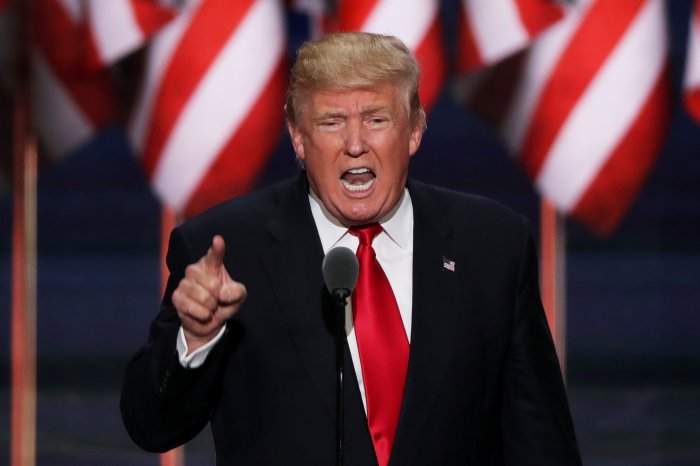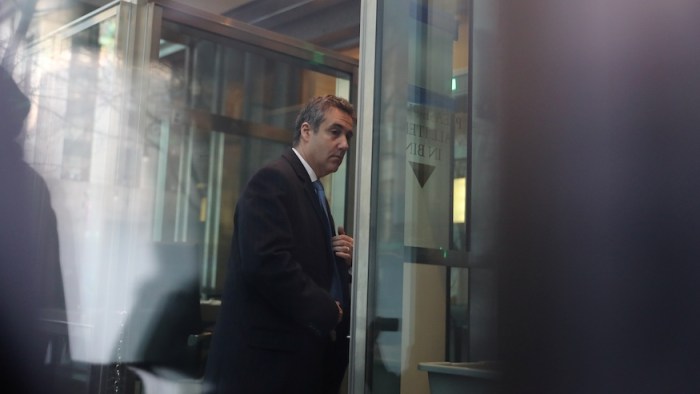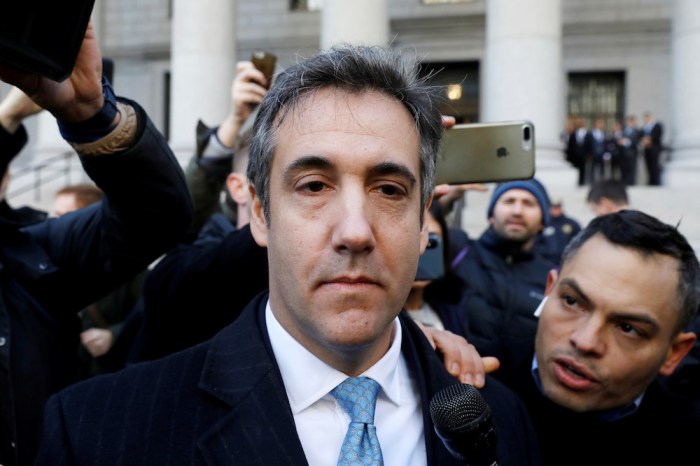At least there’s strategy and it’s coming from somewhere.
Yesterday, Fox News host Sean Hannity was revealed to be a secret client of President Trump’s personal attorney and/or fixer Michael Cohen. Almost immediately after that, Hannity was accused of lifting his legal strategy from a world-renowned tactician: Saul Goodman of “Breaking Bad.”
On his radio show Monday afternoon, Hannity said he had enlisted Cohen for a few “brief discussions” on the subject of business. “I might have handed him 10 bucks [and said,] ‘I definitely want your attorney-client privilege on this,'” said the pugnacious, thumb-faced pundit. “Something like that.”
On “Breaking Bad,” the sleazy Saul tells a meth dealer to “put a dollar in my pocket” so their subsequent conversation would be protected by attorney-client privilege.
Because Cohen appears to have no law practice to speak of, other than threatening and paying off potential claimants against Trump — although Cohen did say he represented Elliott Broidy, a former RNC deputy finance chairman, in a $1.6 million settlement against a Playboy model — some suggested that Hannity’s conversations with Cohen were inspired by the late, lamented AMC show.
“I love ‘Breaking Bad’ as much as the next person, but I probably wouldn’t take Saul’s ‘put a dollar in my pocket’ approach to attorney-client privilege,” said Twitter @StephenOkey.
If that’s what Hannity was counting on, it was ten bucks wasted. There’s no need to exchange any money to kickstart attorney-client privilege; you simply need an attorney to agree to represent you.
A flaw in that potential stratagem is that attorney-client privilege doesn’t apply if the attorney is acting in furtherance to a crime — even if the attorney doesn’t realize it at the time, the Washington Post points out.
And by saying the discussion was about business, Hannity shot himself in the wallet. Courts have defined privilege very precisely: As a legal discussion between lawyer and client. It “does not apply to business, lobbying, or public relations advice, even from a lawyer,” the Post says.


















